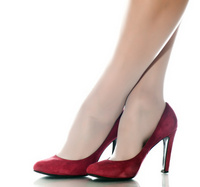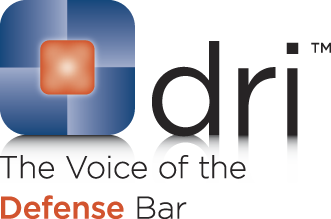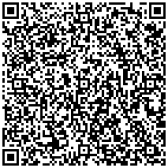 Imports, Etc. sold 511 cartons of women’s shoes to A&M Department Stores. Imports hired ABF Freight Systems, Inc. to deliver the shoes.
Imports, Etc. sold 511 cartons of women’s shoes to A&M Department Stores. Imports hired ABF Freight Systems, Inc. to deliver the shoes.
The alternative Straight Bill of Lading provided that the ABF driver was to receive two payments on delivery of the shoes. One payment was to ABF for the freight charges. The other COD payment was for Imports, Etc. for the sale of the shoes. The Bill of Lading said ABF was to accept only a cashier’s check for payment of the shoes.
When ABF’s driver arrived at the delivery address, there was no business sign to confirm that this was an A&M location. Instead, the sign said Bag Bazaar. In addition, the consignee tendered certified checks instead of cashier’s checks. After some phone calls, the ABF driver accepted the certified checks and unloaded the shoes.
When ABF deposited its certified check for the freight fee, the check was returned. It was stamped “Account Closed”. Imports didn’t even try to deposit its certified check. Instead, it just sued ABF for failing to get a cashier’s check for the price of the shoes, $53,180.90.
In Imports, Etc. v. ABF Freight Systems, Inc., 162 F.3d 528 (8th Cir. 1998), the court explained a critical difference between a certified check and a cashier’s check. The court said that while a certified check and a cashier’s check should both be the equivalent of cash, the certified check was easier to forge. It explained:
The primary difference between a bank certified check and a cashier’s check seems to lie in the ease with which one can create a fraudulent instrument. In order to forge a cashier’s check one would need to replicate all of the features of the bank’s form. To forge a bank certified check, on the other hand, one need only have writing on the check indicating that the check is “certified.”
The court went on to reject ABF’s claim that the “filed rate doctrine” should prevent the enforcement of the Cashier’s Check provision written on the Bill of Lading. The motor carrier argued that its published tariff should prevail which would allow it to accept a certified check as COD payment. The court could not see how the requirement of a Cashier’s Check over a Certified Check could increase ABF’s costs.
The court said it was fine for the shipper and the motor carrier agree to a single acceptable COD payment method.
If you have trucking law questions in Nevada, please be sure to contact Mike Mills at Bauman, Loewe, Witt & Maxwell, 702-240-6060.
 Follow
Follow Email
Email


